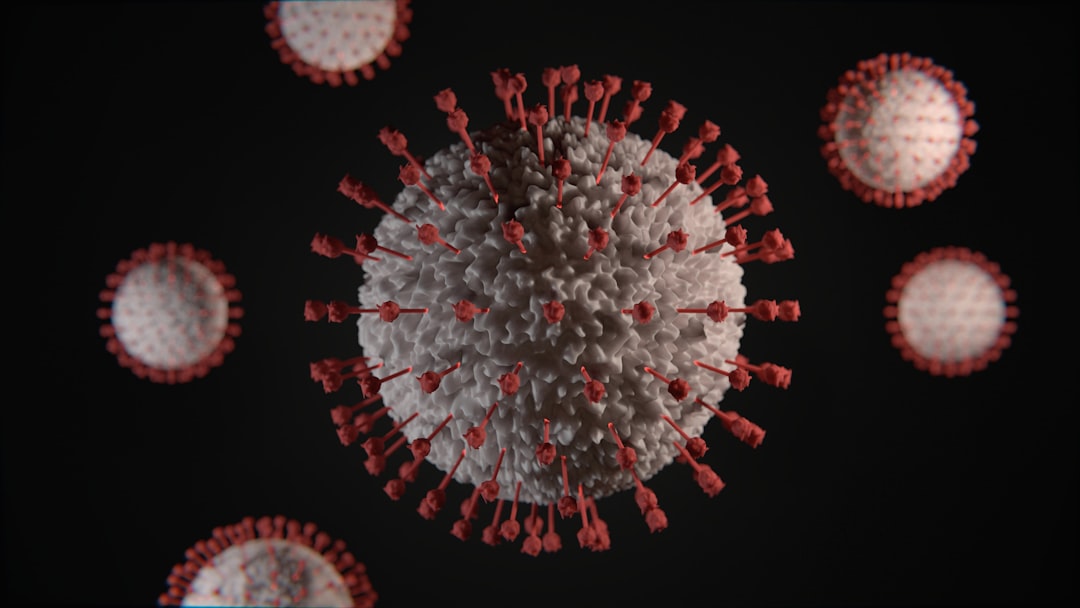What is it about?
Competitive male road cyclists are a group of athletes that can be at risk of developing the adverse health and performance consequences of relative energy deficiency in sport (RED-S). An initial study established an effective combined questionnaire and interview, specific to cyclists, to identify those at risk. However, once such athletes have been identified, there are no effective and practical strategies to move the cyclist out of risk of RED-S. This study demonstrated the effects of cyclists changing behaviours relating to nutrition and skeletal loading exercise on both health and performance. It is hoped that clear statistical evidence showing the beneficial effects of changing behaviours positively will provide an incentive for cyclists to overcome psychological barriers to change.
Featured Image

Photo by Dimon Blr on Unsplash
Why is it important?
High level amateur athletes may not have full access to support team that professional athletes benefit from. Therefore misconceptions, or misinformation can propagate. This current study looks at practical ways cyclists can optimise health and performance
Perspectives
This study is unique in looking at cyclists in "real life" situation and explored practical ways to support their sporting goals.
Nicola Keay
Read the Original
This page is a summary of: Clinical evaluation of education relating to nutrition and skeletal loading in competitive male road cyclists at risk of relative energy deficiency in sports (RED-S): 6-month randomised controlled trial, BMJ Open Sport & Exercise Medicine, March 2019, BMJ,
DOI: 10.1136/bmjsem-2019-000523.
You can read the full text:
Resources
Contributors
The following have contributed to this page










